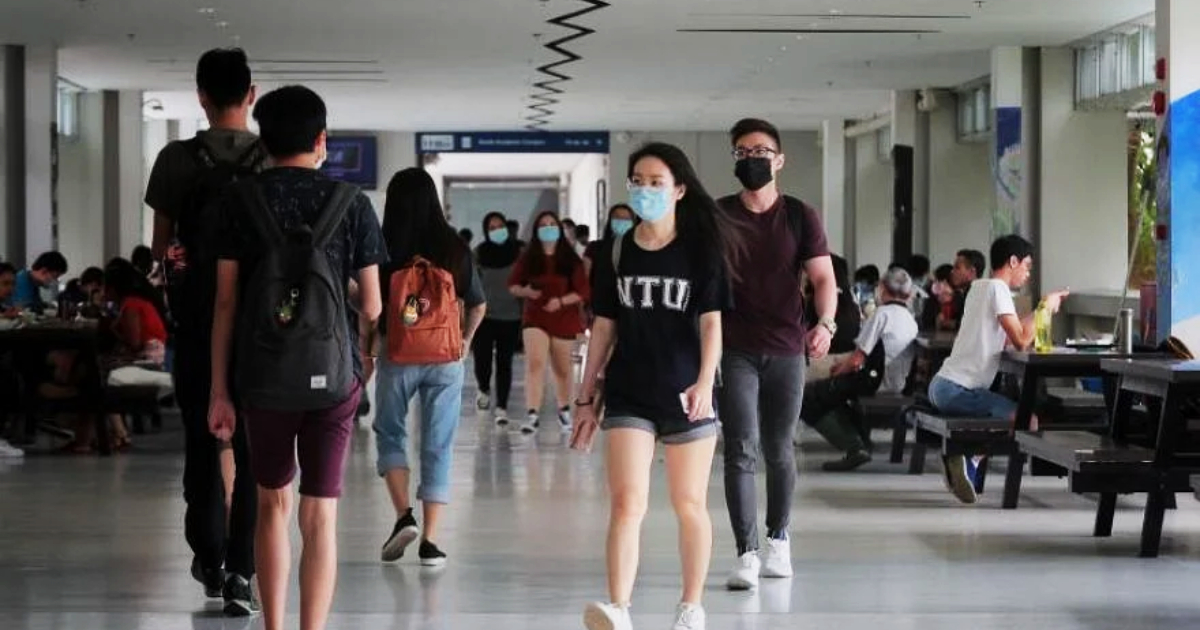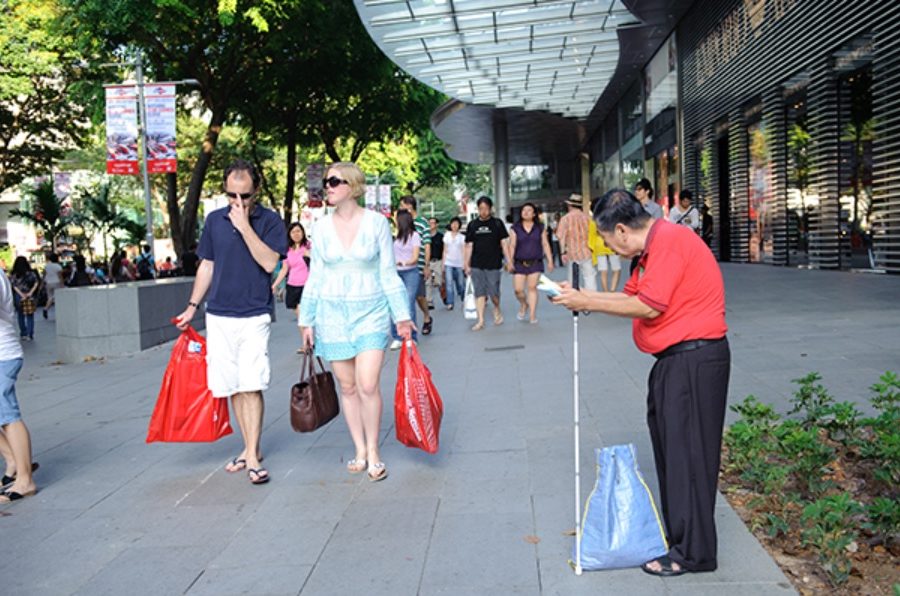Talk to any Singaporean on the street today, and it is inescapable that the topmost issue on everyone’s minds is coping with record inflation levels amongst the highest in recent decades.
Rising cost of living in fact emerged as a key concern for Singaporeans in a study conducted by Milieu Insight following PM Lee Hsien Loong’s National Day Rally Speech on Sunday. Nine in 10 survey participants felt that a top key concern was the increase in cost of living, followed by a looming economic recession which almost half the respondents said they were worried about.
Much has been made about how inflation is posing a massive threat to Singapore’s middle class, and negatively impacting on the ability of Singaporeans to retire securely in their twilight years.
Whilst every Singaporean feels the creeping vise of inflation clamp around their finances, the younger generation of Singaporeans must surely count as one of the most understated, yet potentially hardest-hit demographic in local society in terms of long-term consequences.
Young Singaporeans worried about high cost of living
Young Singaporeans entering working society are finding themselves saddled with financial responsibilities such as student debts, childcare expenses if they’re starting a family, and property mortgage payments for them to own a house they can call their own.
Faced with current and future projected inflation levels steadily increasing the financial burdens young Singaporeans are having to bear, they are finding themselves stuck with lower median payscales, increased job insecurity, and pervasive casualisation of more and more industries and types of work compared to older generations like their parents before them.
Rapidly rising inflation levels in Singapore has the potential to be the straw that breaks the camel’s back for the financial and life security of young Singaporeans, and is already taking a toll on their mental health. An Institute of Policy Studies (IPS) study found that 40% of Singaporeans aged 21 to 29 expressed “high worry” at the cost of living, compared to 24% of Singaporeans aged 60 and above.
The IPS study laid bare the main reason for young Singaporeans’ declining mental health: rising inflation and costs of living in Singapore has resulted in them feeling incapable to achieve their desired financial goals like procuring a forever home, saving up for marriage, or raising a family the way their parents seemingly had it easier to fund for a few decades earlier.
This sense of helplessness is also driving a preference amongst young Singaporeans today for more liquid cash on hand, more cautious long-term financial life decisions, yet paradoxically also a more wanton inclination towards impulse spending for immediate gratification. After all, if young Singaporeans perceive their financial lot as being unable to achieve the material lives and financial stability their parents and elders enjoyed without sacrificing their living standards and lifestyles to become worse off than them, they are far less inclined to forego immediate gratification and pleasure with their rapidly eroding financial powers for a long-term future few of them can envision themselves achieving.
In contrast, older Singaporeans might face similar inflationary pressures on their finances and retirement, but they are widely perceived to be in a better position to weather through harsher economic times due to their experience of previous economic crises in the past. More importantly, their widespread property ownership in Singapore back when housing was affordable and in plentiful supply means they can easily cash out on them and finance their retirement years through downsizing their homes and lifestyles.
Singapore’s increasingly unchecked inflation also has the potential to bury the seeds of long-term financial insecurity for young Singaporeans once they reach old age and have to contemplate retirement. With inflation resulting in immediate increases in daily costs of living, young Singaporeans starting out on their working lives with lower median salaries are much less able to put aside any extra money for investment purposes. Without investments made during their younger years, young Singaporeans run the risk of losing any of their meagre savings’ future purchasing power to the eroding power of ever rising inflation in future. Even now, inflation levels in Singapore are expected to continue rising to between 3.5% to 4% in the next few months, well above the average inflation level of 1.5% since 2000.
More help for young Singaporeans needed
This is a ticking time bomb for Singapore’s future government leadership: a potential “lost generation” of young Singaporeans today who might pose the biggest demand for state welfare and financial support in their old ages in future due to their weak financial starts today.
Whilst the government has brought out financial support for Singaporeans to cope with rising living costs, such as the $1.5 billion support package announced in June this year to fund one-off cash payments and utilities credits for Singaporeans that qualify for them, there needs to be more targeted financial and societal policies introduced to help young Singaporeans to begin building up long-term savings, and more importantly reassure them of the attainability of their future financial security.
A key target point of support that should be immediately obvious to any government dealing with similar issues such as Singapore’s would be combating inflation through societal pay raises. Official statistics demonstrate stagnating and lagging pay raises below annual inflation increments for younger Singaporeans in their 20s behind older generations of workers since 2019.
It would help young Singaporean workers massively if their pay increases can match the pace of older workers. However, with the lack of a codified minimum wage in Singapore due to the government’s perception of minimum wages as market intervention taken too far, there are few options available to government leaders to try and influence actual pay rises in all private employment sectors (particularly those with a high proportion of young Singaporeans) to at least keep up with inflation levels, if not exceed them.
Every society’s future is built on the backs of the young. If Singapore is to avoid seeing a “lost generation” of young Singaporeans from the 2020s decade along with all its knock-on legacy effects in the future, the current rate of unchecked inflation and rising costs of living in Singapore needs to be reined in quickly. More importantly, more help needs to be extended to young Singaporeans from the government so as to give them a shot of confidence in an evolved version of the societal compact their parents had with Singapore’s previous generations of national leaders.





